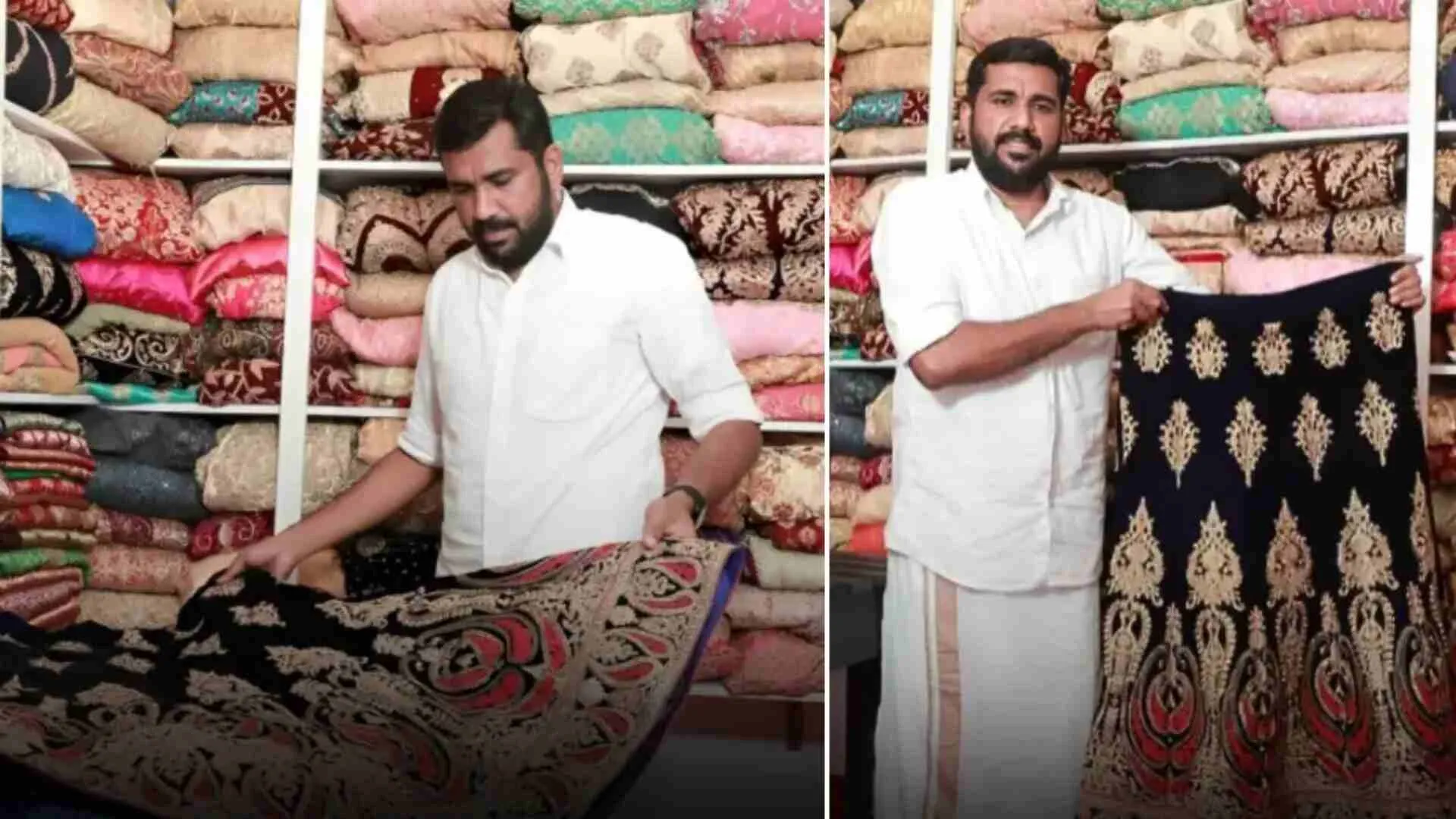You may have heard of food banks, book banks, or even toy banks—but in the village of Thootha in Kerala’s Malappuram district, there’s a bank that’s quite different from the rest. Meet the Dress Bank, the creation of Nasar Thootha, a taxi driver by profession, who has transformed the concept of charity—one wedding dress at a time.
How It All Started
In April 2020, the Dress Bank was started off as a modest effort from Nasar’s very own residence. Now, it has evolved as a reliable beacon of hope for almost 260 brides belonging to economically weaker sections of society all over India. His bank provides stunning, second-hand bridal dresses—at absolutely free of cost.
Nasar’s concept was inspired by observing firsthand the financial and emotional strain that weddings tend to put on families, particularly while working on welfare projects with government agencies. Remembering his experiences, he said,
“In our culture, a wedding dress is worth so much emotionally. It’s not just a piece of clothing – it’s pride, beauty, and identity sewed into one.” He saw that although the dresses represent so much, they are often only worn once and then put away—inspiring the idea behind his Dress Bank.
From Saudi to Social Impact
Before Nasar went back to Kerala, he had been working for more than 10 years in a Saudi Arabian supermarket. With no specific aspiration after his return, he came to be involved gradually in community service. In those years, he used to meet families burdened with wedding costs—many could not even manage a decent bridal dress for their daughters. It was then that the constant problem really hit him, giving rise to his mission.
The Viral Message
It was on a whim with a single room in his residence that Nasar initiated with an earnest Facebook and WhatsApp posting:
“If anyone has unused wedding gowns, they are requested to donate it.”
The replies overwhelmed him. It poured in within Kerala, even from as far as away as Saudi Arabia and the UAE among NRIs. Some were contributed with enthusiasm whose worth even approached Rs. 50,000.
Each ensemble is dry-cleaned and meticulously wrapped before being presented to a new bride. Nasar insists he does not seek anything in return. The only request he makes is:
“If you don’t need the dress anymore, pass it on to another bride who does.”
Dresses For All Faiths and Regions
Now, his Dress Bank consists of more than 800 bridal dresses, including sarees, gowns, and lehengas for Hindu, Muslim, and Christian weddings. Distance is not an issue either. If a bride is unable to travel because of financial or health issues, volunteers make arrangements to courier the dress. In one such instance covered by Al Jazeera, a bride in Mumbai selected her ideal pink Banarasi saree through video call, and she and her mother were teary-eyed when it arrived.
Despite managing a large household including four children, old parents, and a disabled sister. Nasar never allows personal responsibilities to get in the way of his philanthropic work. He remains grounded and credits others for the success of the initiative:
“I don’t see this as my work. I’m just the middleman. The real heroes are the donors.”
When asked about the grooms? He responded with a smile, “Not yet, but who knows? If somebody asks, why not?”









